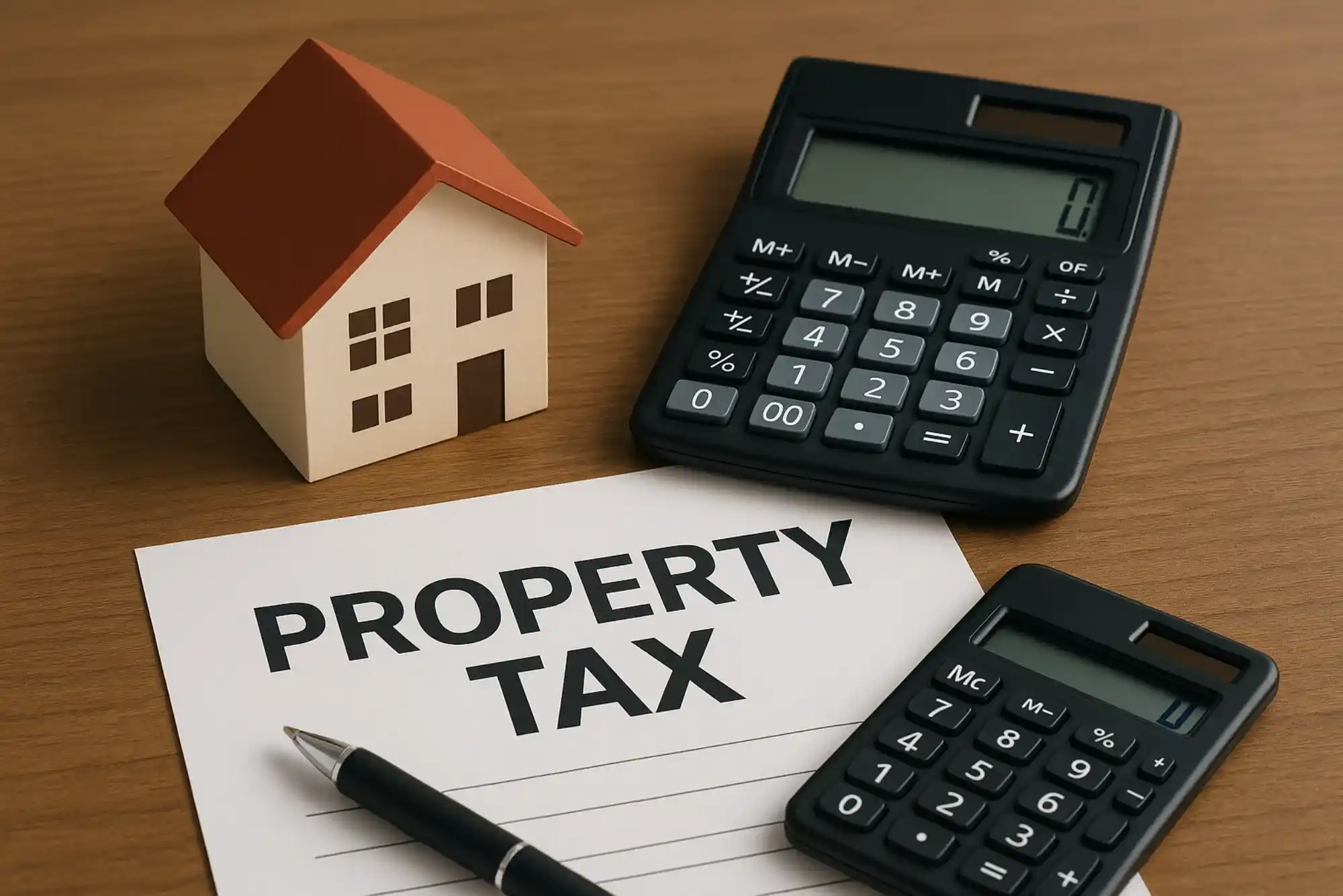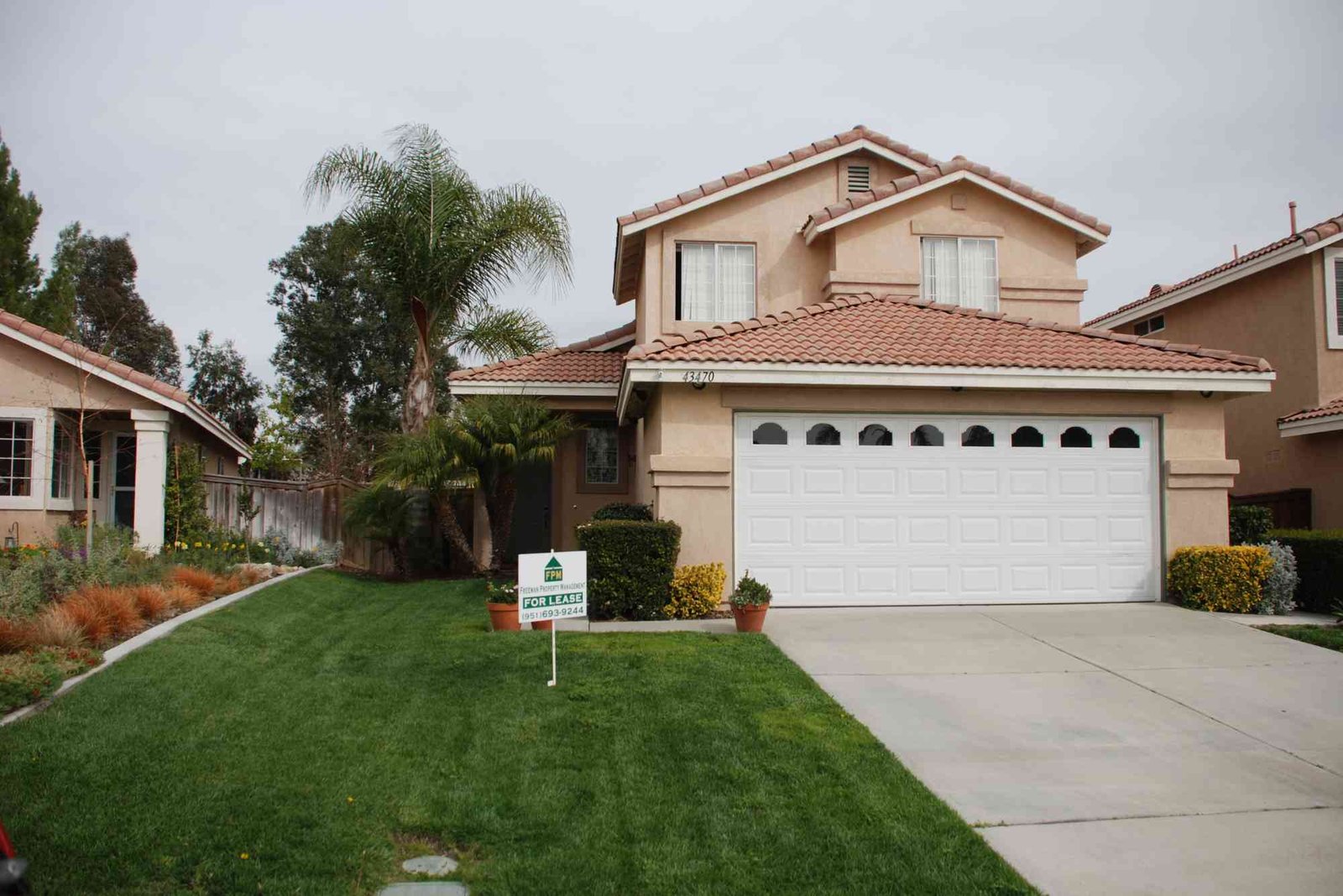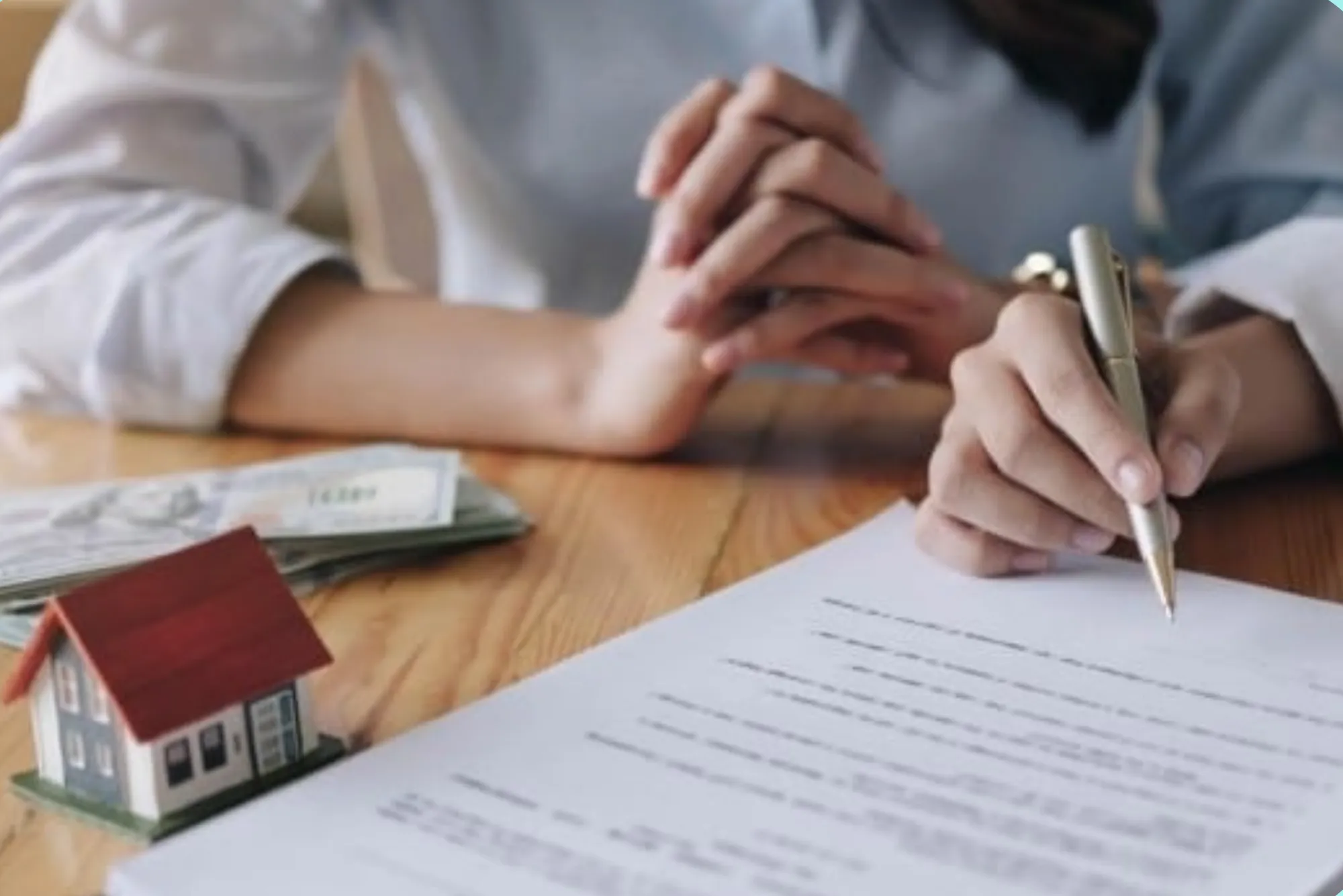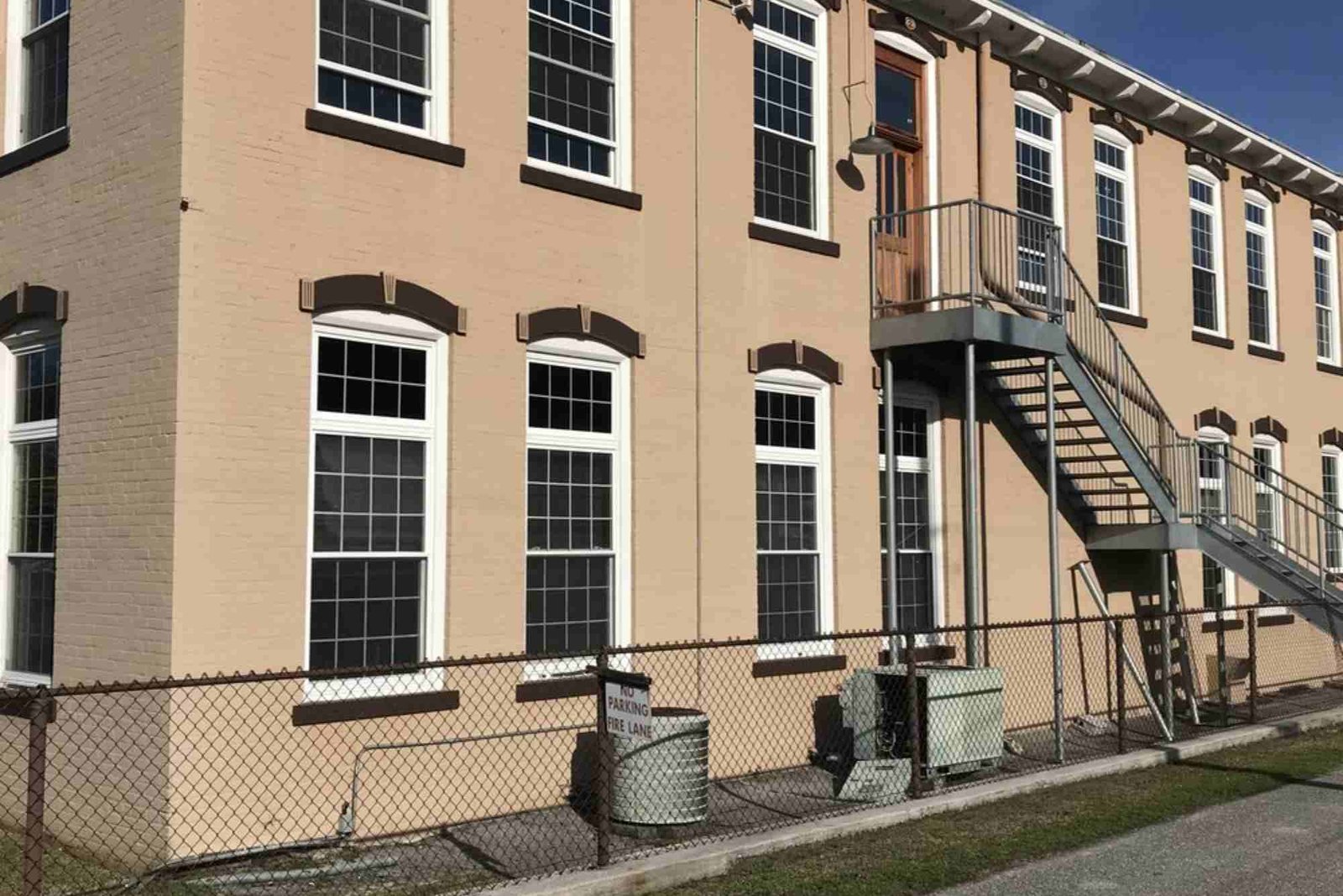For many homeowners, receiving the property tax bill is one of those predictable but rarely understood moments in the year. You know it’s coming. You might even budget for it. But when you look at the amount you’re being asked to pay, have you ever wondered—what exactly am I paying for? I’ve asked myself that same question plenty of times, especially as property values rise and, with them, the taxes. So let’s unpack this topic straightforwardly and helpfully.
Having worked in real estate and finance for several years, I’ve seen firsthand how property taxes impact not only individual homeowners but also entire communities. They’re not just another bill—they’re a key part of how local areas function and grow.
Understanding the Basics
First, property taxes are collected by your local government—usually your municipality or county. The amount you owe is typically based on the assessed value of your home and land. If your property is worth more, you’ll likely pay more. But the real question is: Where does that money go?
Local Services: The Heart of Your Tax Bill
A large portion of your property taxes goes toward funding essential local services. These are services you rely on every day, whether you realize it or not.
Let’s start with public education. This is usually the biggest slice of the pie. Your local school district uses property taxes to fund teacher salaries, school maintenance, extracurricular activities, technology upgrades, and more. Even if you don’t have children in school, this investment benefits the broader community by raising education standards and property values.
Next up is public safety. This includes police, fire departments, and emergency medical services. When you dial 999 (or 911 in some countries), the response team is backed by property tax dollars. These services are vital and need consistent funding to maintain equipment, pay staff, and respond promptly in emergencies.
Then there’s infrastructure and road maintenance. Every time you drive on a city street, take public transportation, or use a bike lane, property taxes have played a role. These funds support everything from pothole repairs to snow removal and traffic lights.
Libraries, parks, and recreational facilities also rely on property taxes. Think of your local park where families gather on weekends or the library that offers free internet and literacy programs. These spaces build community and improve quality of life, and your tax payments help keep them running.
A Real-World Example
In my own city, our annual budget breakdown is published online. It showed that nearly 45% of all property tax revenue went directly to the public school system. The rest was split between fire and police departments (25%), street and sanitation (15%), parks (10%), and other services like libraries and community development (5%). Seeing the numbers in black and white gave me a deeper appreciation of where my money was going.
When You Need Help Paying: Financial Tools to Consider
Property taxes aren’t always easy to pay, especially if they come in a lump sum. Over the years, I’ve recommended a few strategies to friends and clients to ease the burden—two of the most effective being credit cards and personal loans.
Let’s talk about the Fab Bank Credit Card. Many homeowners I know have found this card useful for short-term cash flow when dealing with property tax payments. What makes it stand out is the reward system and occasional zero-interest promotional periods. By using the Fab Bank Credit Card, you could potentially spread the cost over a few months while earning rewards—so long as you’re disciplined about paying off the balance to avoid interest charges. It’s not a long-term solution, but it can be incredibly helpful in a tight month.
For larger property tax bills or when someone’s hit with a reassessment that significantly increases their taxes, an Emirates NBD Personal Loan might be the better option. These loans can be tailored to your financial situation, offering fixed interest rates and predictable monthly payments. I’ve seen clients use these to consolidate not only property taxes but other outstanding obligations, simplifying their finances in the process.
One of my clients used an Emirates NBD Personal Loan last year when their property taxes jumped unexpectedly due to a local rezoning. They used the loan to cover the entire amount upfront and paid it back over 12 months. It eased the financial shock and kept them on track with their other financial goals.
How to Budget for Property Taxes
If you’re a homeowner—or planning to become one—budgeting for property taxes is a must. Here’s what I always suggest: start by reviewing your previous year’s tax bill. If your property value hasn’t changed significantly, this can be a good baseline. But always allow some room for increases, especially if you live in a developing neighborhood.
Some mortgage providers will include property taxes in your monthly mortgage payments through what’s called an escrow account. This approach spreads the tax burden across the year instead of hitting you all at once. It’s not available everywhere, but it’s worth checking with your lender.
If you’re handling payments yourself, consider setting aside money monthly in a separate savings account. Treat it like a bill that you’re paying in advance. This strategy helped me avoid the shock of a large payment at year’s end, especially when I was just starting out as a homeowner.
Tax Deductions and Credits
In many regions, you can deduct property taxes on your income tax return, especially if you itemize deductions. There may also be local tax relief programs for seniors, veterans, or low-income households. I encourage every homeowner to look into what’s available in their jurisdiction—you might be leaving money on the table.
A friend of mine recently qualified for a partial exemption because she’s a retired teacher. It reduced her tax bill by nearly 30%, and the application process took less than an hour.
The Bigger Picture: Property Taxes and Community Health
When you think about it, property taxes are one of the few taxes where you can directly see and feel the results. From well-lit streets to good schools and clean parks, this tax plays a pivotal role in shaping the neighborhoods we live in.
Of course, like any system, it’s not perfect. There are concerns about fairness, especially when property values rise faster than income levels. That’s why being informed and involved matters. Attend local council meetings, review city budgets, and don’t hesitate to ask questions. It’s your money, after all.
Final Thoughts
Property taxes can feel like a burden, especially when you’re not sure what you’re paying for. But once you understand how those funds are allocated—to schools, safety, infrastructure, and beyond—it becomes clear how essential they are. And with tools like the Fab Bank Credit Card and Emirates NBD Personal Loan, there are practical ways to manage payments and stay financially healthy.
As a homeowner, I’ve come to view property taxes not just as a bill, but as an investment in my community. The key is to stay informed, plan ahead, and use the financial tools available to make those payments more manageable.
If you’ve got questions or experiences about how you manage your property taxes, I’d love to hear about them. Let’s make this a conversation—because when we share what we know, everyone benefits.







